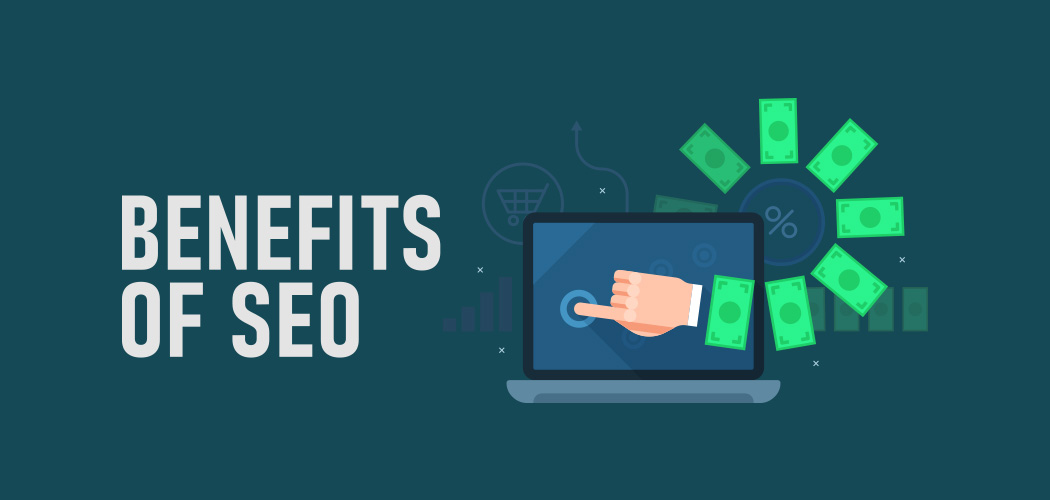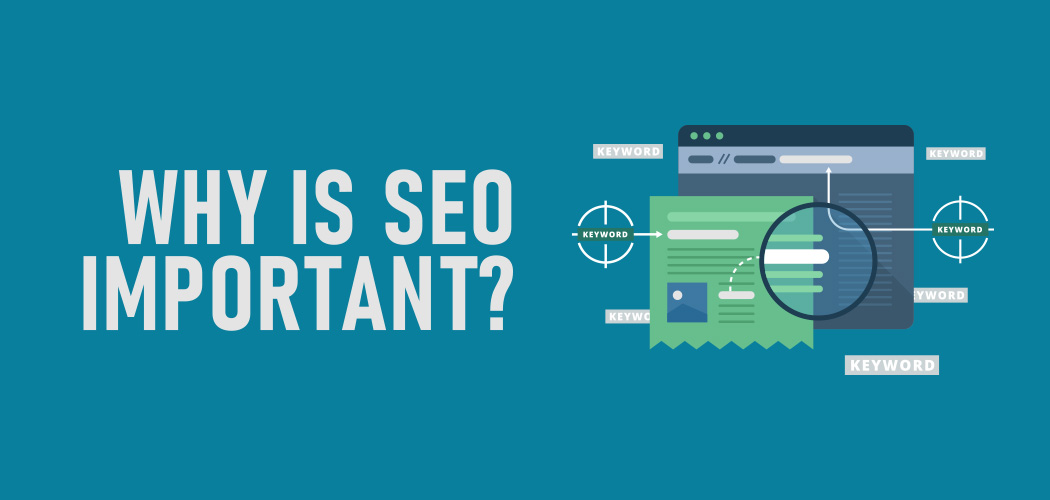On-Site SEO vs Off-Site SEO
What is On-Site SEO?
On-site SEO, also known as on-page SEO, involves the optimization of content directly on the website. Which includes creating and modifying on-site content to increase search engine rankings. On-site SEO also entails optimizing the infrastructure of a website in a way that is more favorable for search engines.
What is Off-Site SEO?
Whereas on-site SEO involves optimizing content directly on a website, off-site SEO involves leveraging third-party websites and places on the web to increase your position on search rankings. In addition, off-site SEO focuses on the creation of backlinks and content on other websites and reputation management on those websites. In other words, on-site SEO is optimizing and improving your own website and off-site SEO is improving and optimizing other websites.

What is SEO
To get a better understanding of on-site SEO and off-site SEO, we first need to define and understand what SEO is.
SEO, also known as Search Engine Optimization, is defined as the process of optimizing and improving a website’s authority and positioning on organic search results. Search engines are a common starting point when people need information, which is why search engines like Google, recommend SEO efforts that focus on both the user’s search experience and page ranking. This includes implementing SEO practices like featuring relevant keywords in titles, headlines, meta descriptions, and URLs. The goal of SEO is simple — to increase search ranking, traffic and sales leads.
When it comes to ranking, search engines determine a website’s ranking based on many factors on and off a website. These include the quality and quantity of content on the website, local search listings, images, videos, backlinks, and internal/external links.

The Benefits of SEO
On-site and off-site SEO work hand-in-hand with each other and are both essential for the high ranking of your website and running a sales-driven SEO campaign. With a high-ranking SEO campaign, you can increase brand awareness, increase revenue, and expand your target audience.
Here are just a few benefits of what SEO can do for your company:
- Increase Organic Free Search Traffic
- Maximize Ad Words Campaigns
- Gain Competitive Advantage Over Competitors
- Boosts Credibility
- Increase Brand Awareness
- Improve User Experience and Engagement
Regardless of what information is on your website, SEO is the key to the long-term exponential growth of a company. Companies that invest in SEO can build trust and credibility with search engines, leading to more traffic and more leads year after year.

Why SEO Is Important
While content marketing, social media, and paid advertising are all great ways to generate website traffic, the majority of online traffic is driven by search engines. By investing in SEO services and implementing SEO practices, you are able to optimize your website to be more visible and rank higher on search engine results pages (SERPS).
A website that ranks high on a SERPS is typically considered credible and trustworthy by search engines, which in turn, helps improve the visibility and click-through rates to your website, as mentioned above. It’s essential that the content of your website matches what your target audience is looking for. With the help of SEO, you can ensure that people searching for keywords related to your company find your products and services online.
Which One Is More Important — On-Site SEO or Off-Site SEO?
It’s important to keep in mind that neither option is inherently better than the other. Different websites require different needs. However, if you were to pick one, on-site SEO would be a better option than off-site, simply because it is on your website.
On-site SEO is the foundation and starting point for all SEO practices. On-site SEO allows a company more control over the position and content that is on its website. In addition, the better your website is optimized on-site, the more you can earn natural off-site SEO benefits like natural backlinks.













